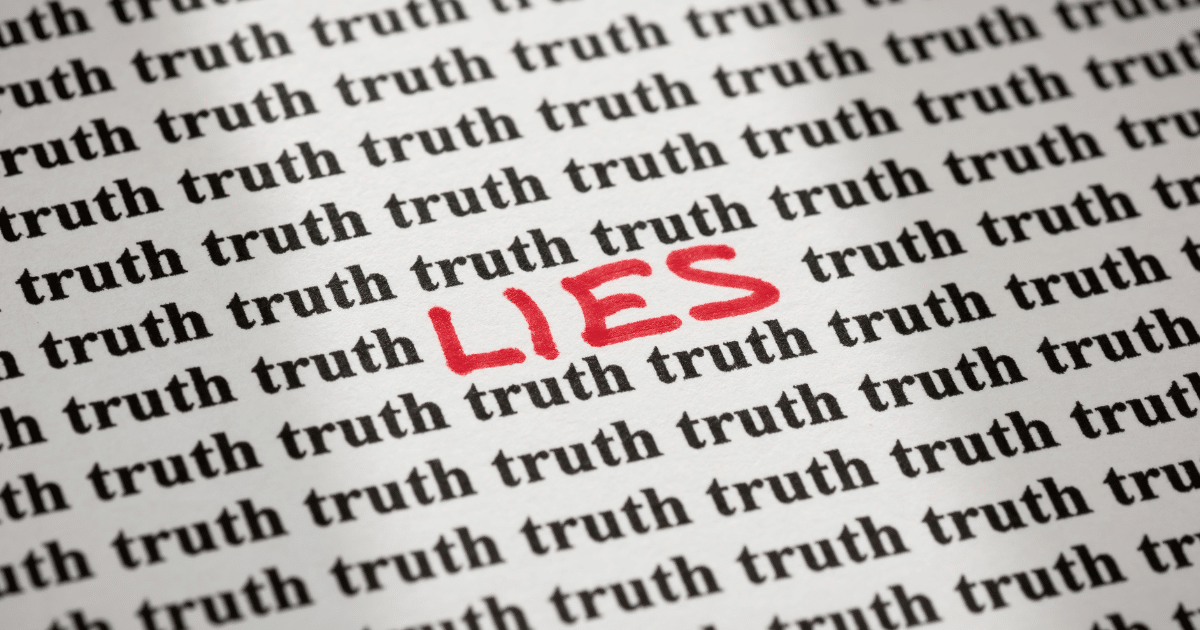Are You a Victim of These 3 Health Magazine Lies?
If you read any type of fitness or health magazine, you are probably reading a bunch of unscientific information. We will call it ” bro-science,” for lack of a better term. While much of it can sound pretty convincing, most of it is a bunch of lies. I’m not saying that magazines are purposely putting this information out there, but there are many health magazine lies that you are probably following.
Related Article: I HATE Big Pharma – Biggest Health Scam Out There!
In this article, I will go over three prominent health magazine lies that you might be following. Understand why they are bunk and eliminate them from your routine.

Disclaimer: This article is for informational purposes only. It is recommended that you speak with your doctor before starting any exercise program or making any changes to your nutrition or supplement regimen.
Why is There So Much Misinformation in a Health Magazine?
The presence of misinformation in health magazines or any media outlet can be attributed to various factors. It’s important to note that not all health magazines are the same, and the quality of information can vary. Here are some reasons why misinformation might be present:
- Lack of Editorial Oversight: Some publications may not have rigorous fact-checking processes or editorial oversight, allowing inaccurate information to be published.
- Pressure for Clicks and Sales: In the digital age, there might be a focus on generating clicks, views, or sales rather than providing accurate health information. Sensational or misleading headlines can attract more attention.
- Conflict of Interest: Magazines or articles may be influenced by financial interests, such as advertising revenue from pharmaceutical companies or other health-related industries. This could lead to biased reporting.
- Misinterpretation of Research: Journalists and writers might misinterpret scientific studies or cherry-pick data, leading to a distorted representation of health information.
- Pressure to Publish Quickly: In the fast-paced world of media, there may be pressure to publish articles quickly, which can lead to insufficient fact-checking and verification.
- Limited Expertise: Some health magazines may not have access to qualified medical professionals or experts who can provide accurate information. This can result in reliance on questionable sources.

To ensure that the health information you receive is accurate, it’s advisable to consult reputable sources, such as medical journals, government health agencies, and healthcare professionals. Critical thinking and fact-checking are essential when evaluating health-related content from various media sources.
Stop Believing These 3 Health Magazine Lies!
I’m starting to get a huge bump on my head from al the health magazine lies I’ve read out there. It’s no wonder there aren’t any print magazines left out there — they’re all full of terrible and unhelpful information.
Below are three of the worst health magazine lies that you’ve probably seen on more than one occasion and thought they were true:
1. Weight Loss Diets
Have you ever read about a new diet in a health magazine and tried it? How did it work out for you? Probably not favorably, right? Why is that? Well, mostly, it’s because most diets today aren’t something you can adhere to due to the fact that many of them remove entire food groups and macronutrients like carbohydrates or fat. Could you honestly say you’d never touch another piece of pizza? Never again eat ice cream? Or never touch a donut for the rest of your life? (Now I’m hungry)
Related Article: Social Media Lies and Not Telling the Whole Story
These weight loss diets in magazines are simply nonsense health magazine lies that we are supposed to think are gospel and will work for everyone. The fact of the matter is that all diets have one thing in common… they force you into a caloric deficit. Meaning they want you to consume fewer calories than you need to maintain your weight. Makes sense, no?

Rather than believing these health magazine lies, figure out how you can make your nutrition a lifestyle. That means consuming protein, healthy fats, and complex carbohydrates that won’t spike insulin. The one thing you should try to remove from your diet and only consume in moderation is sugar. Let’s face it, all the delicious desserts you enjoy have sugar. So, rather than eating them all the time, limit how much you consume and save those items for special occasions.
2. Health Magazine Workout Programs
There is no one size fits all workout that will give you the results you’re looking for. Health magazine lies want you to believe that if you follow this workout or that workout, you will get ripped or get super muscular. Listen, all that work in the gym won’t mean anything if you don’t first have your nutrition and recovery in order. You can exercise until you’re blue in the face, but you’ll never see results if you aren’t resting to allow your body to recover or aren’t consuming foods that align with your goals.
Related Article: 10 Fit Tips for Life to Improve Longevity and Health
The bottom line, though, is that a program I give you that works might not work for your friend and vice versa. Everyone reacts differently to exercise (and nutrition), and for that reason, you need to stop believing everything you read in a health magazine. Sure, you can try a workout but have the understanding that it isn’t the holy grail when it comes to getting you the results you desire. Everything is trial and error. You just need to figure out what your body will respond to (which is the most challenging part).
3. Supplement Advice
If I had a penny for every time I heard a supplement company say they have the greatest thing since sliced bread, I’d be sailing in the ocean on the biggest yacht you’ve ever seen. Do supplements HELP you reach your goals? Absolutely. But again, nothing works unless you do. You need to stop believing these health magazine lies and scandals that if you use this supplement or that supplement, you will achieve x, y, or z. It’s just not going to happen that easily. You need to combine a proper workout routine with a solid nutrition plan and follow that all up with enough rest to allow your body the opportunity to make a change. A supplement is there to give you a little extra boost, not do all of the work for you.

The job of a supplement company is to entice you to buy their product. So, of course, they are going to make the product sound amazing. They wouldn’t sell any product if they made it sound like a mediocre product or a product that “might” work for you. They want you to have an emotional reaction after reading about their product so that you will open up your wallet and make a purchase. And I don’t blame them. But you need to know going into it that if you aren’t putting in the work with the three areas I keep hammering home, they won’t do you much good.
That said, at least the flavor profiles of these brands are spot on. For instance, check out these flavors. They’re legit!
Related Article: Your Doctor Lies to You — Know the Truth!
Don’t fall for these health magazine lies, and you’ll be less frustrated during your health and fitness journey!


*Disclosure: This article may contain affiliate links or ads, which means we earn a small commission at no extra cost to you if you make a purchase through these links. These commissions help support the operation and maintenance of our website, allowing us to continue producing free valuable content. Your support is genuinely appreciated, whether you choose to use our links or not. Thank you for being a part of our community and enjoying our content.
PLEASE CONSIDER SHARING THIS ON YOUR SOCIAL MEDIA TO HELP OTHERS LEARN MORE ABOUT THIS TOPIC.





